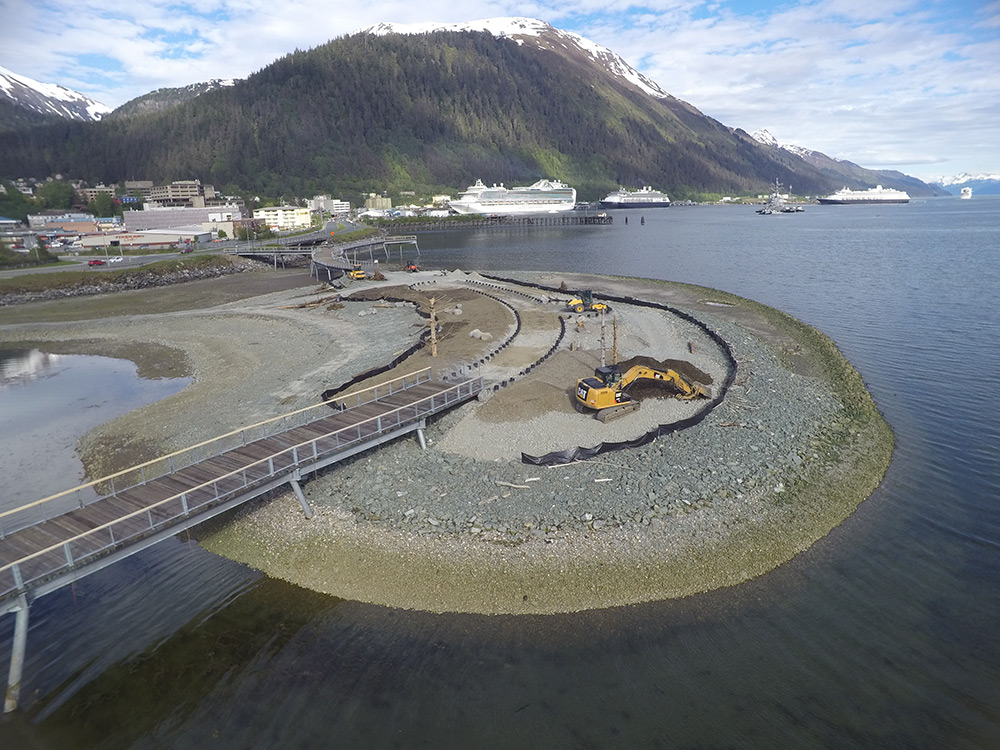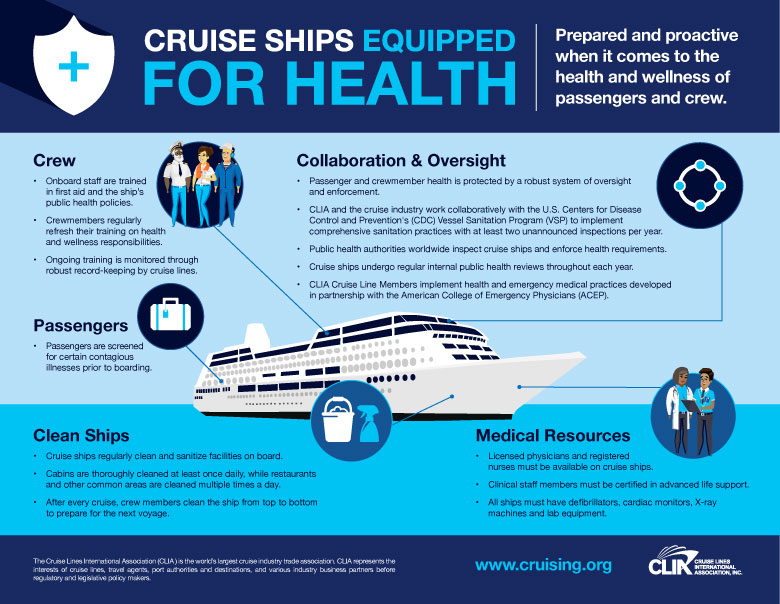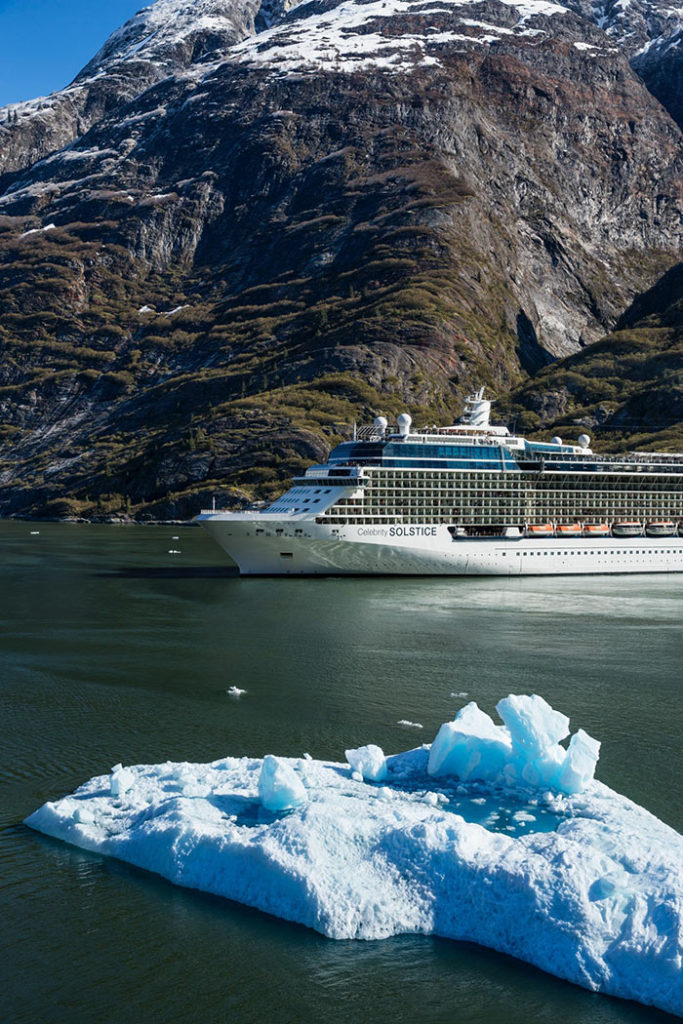
By Win Gruening
Last month, the City and Borough of Juneau staff asked the Assembly to appropriate an additional $250,000 to fund legal costs associated with defending a pending lawsuit initiated by the cruise line industry (CLIA).
This latest amount brings the total legal costs appropriated to almost $850,000 – approximately $300,000 from cruise line fees and the rest from sales taxes.
Ominously, the city’s finance director, Bob Bartholomew, recommended an additional $750,000 in sales tax revenue be set aside for future legal-defense costs – bringing total expected legal costs to $1.6 million.
The city has passed on several opportunities to settle this litigation out of court. The issues involved have been a source of contention for years, but city officials haven’t been responsive to written requests by the industry to discuss an amicable solution.
As a last resort, CLIA filed its lawsuit in April 2016 to bring resolution to the matter. Since then, attempts to negotiate an out-of-court agreement have been rejected by the city.
In a series of motions, the city’s legal team has attempted to change jurisdiction, delay court proceedings, and get the judge to rule prematurely on points of law. None of those motions was granted.
Now, the city may be facing a possible unfavorable court ruling far more damaging than any agreement that might have been reached. This could leave a huge hole in the city budget amounting to millions of dollars.
Aside from the financial implications of such a ruling, the adversarial position taken by the city may come back to haunt Juneau in any future dealings with the industry.
Framing the debate as David battling Goliath, some have claimed the industry’s intention is to invalidate the $5 marine-passenger fee and $3 port-development fee the city is now collecting, and that this must be defended. This presumably would jeopardize funding for existing port infrastructure (such as docks) used by the cruise lines.
Unfortunately, cruise line critics have mischaracterized the nature of the lawsuit and the basis for it. This, in turn, has fueled a misguided backlash against the industry – especially on social media platforms.
The fees being charged (commonly known as “head taxes”) are not at issue and the funding of port infrastructure has never been questioned. Clearly, it’s legal to charge such a fee. Other communities in various parts of the country, including Alaska, have done exactly that.
The CLIA lawsuit is challenging how the fees are spent. Under federal and state laws, the fees are restricted to limited purposes. Its lawsuit states Juneau has over-reached by going far beyond the constitutional definition of permissible uses. It further recites the U.S. Constitution’s “Tonnage Clause” that limits port fees charged by governmental entities to only those that are “reasonable compensation for services rendered to, enjoyed by, and available to the vessels entering their ports. …”
Examples of questionable items are a $10 million seawalk and 2.6-acre artificial island, general governmental operations of Juneau, transit-bus services, wireless internet, civic beautification and park improvements, city-street maintenance, and airport and hospital expenses, among others.
The city manager points to a state audit as proof that passenger-fee proceeds are being spent correctly, but that audit didn’t examine whether the ultimate use of the fees was constitutional.
Others have questioned why the industry can contest a fee that is paid by the passenger. It is generally not understood the fee is charged to each vessel, but is determined by the number of passengers on board. If not paid by the vessel’s owner, according to city ordinance, the ship could be barred from the port.
After all this, it’s difficult to understand what the city staff legal team’s end game could possibly be.
The way city legal fees have been funded – partly by marine passenger fee proceeds and the rest through sales tax revenues – may be a clue. According to City Attorney Amy Mead, it’s hard to know whether using marine-passenger-fee revenue for this purpose is legal.
Is it possible that city officials do believe that some of the uses currently being funded through cruise line passenger fees may be unconstitutional, but are hoping enough will be ruled constitutional to justify the continuation of the lawsuit?
Official discussion of the litigation has largely been conducted in executive session. Therefore, the city’s legal strategy is publicly unknown. But, it would be troubling if the city’s legal-defense team believed that although the city may be violating the Constitution, it’s okay because it just isn’t as much as the industry is claiming.
If we eventually discover that theory is the best defense our city can muster, the public will rightfully wonder why we spent millions of dollars on lawyers instead of negotiating a settlement.
Win Gruening retired as the senior vice president in charge of business banking for Key Bank in 2012. He was born and raised in Juneau and graduated from the U.S. Air Force Academy in 1970. He is active in community affairs as a 30-plus year member of Juneau Downtown Rotary Club and has been involved in various local and statewide organizations. This commentary appeared in the Juneau Empire and Must Read Alaska.



